Sheep on a beach.
It's not exactly a typical scene. Unless you live on the remote Scottish island of North Ronaldsay in the Orkney Islands.
Then it's just how it is.
The Orkney sheep are a unique breed that live almost exclusively on the island. And unlike other sheep around the world, these animals do not graze on grass. They eat seaweed.
And according to new studies, their way of eating could be used to help livestock around the world.
Mean methane
We all are aware of the dangers of greenhouse gases and how they contribute to climate change. Usually, that means talking about carbon emissions and ways to reduce them. But there is another greenhouse gas out there that traps even more heat than carbon: methane.
Methane is released a few ways, but the greater contributor is livestock. Cows, sheep, pigs... all of these animals release methane as they burp and, well, fart their way through life. Individually, a cow's yearly methane production is the same as burning 1,000 litres of gasoline in a car. And since we raise millions and millions of cows for food, well, you get the picture.
Greener than green?
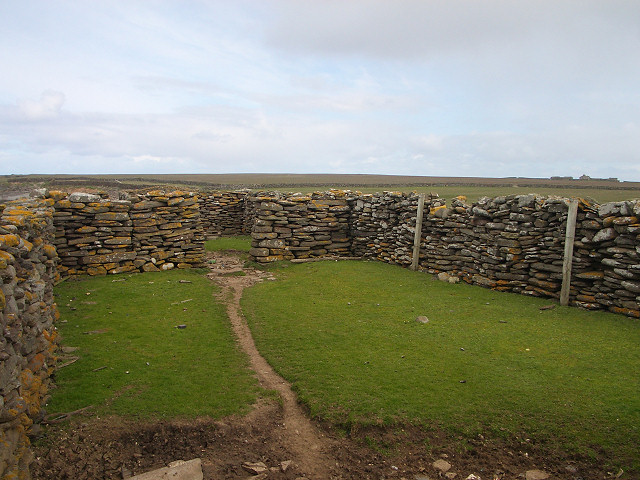
An example of the wall that keeps the sheep off the grass. This enclosure, called a pund, is used to house newborn lambs and is the only time the sheep graze on grass. (Liz Burke/Wikimedia Commons)
Anything that we can do to reduce the methane that we produce is a great idea. This is a big reason behind many people's decision to eat less meat, for example, and move to plant-based or insect-based foods.
But what if the animals themselves produced less methane as they ate?
This is where the Orkney sheep come in. In 1832, the people on North Ronaldsay have used a 2-metre (6-foot) high stone wall to keep the native sheep away from the grass in the centre of the island. (They saved that for the cows.)
Almost two hundred years later, studies have shown that these sheep have not only prospered, they emit far less methane than sheep that eat grass. So the thinking is, What if many more livestock ate a seaweed-based diet?
Ranchers and farmers in the US, Australia, and New Zealand have already seen positive results from using seaweed-based feed. Their livestock belch far less methane and grow up healthy. To be certain, eating seaweed isn't the only way to address methane. But as the Orkney sheep prove, it could be part of a larger path to greenhouse gas reduction.
Hope you enjoy your nori*, animals!
* That's Japanese for edible seaweed. If you haven't tried it yet, it's the best!
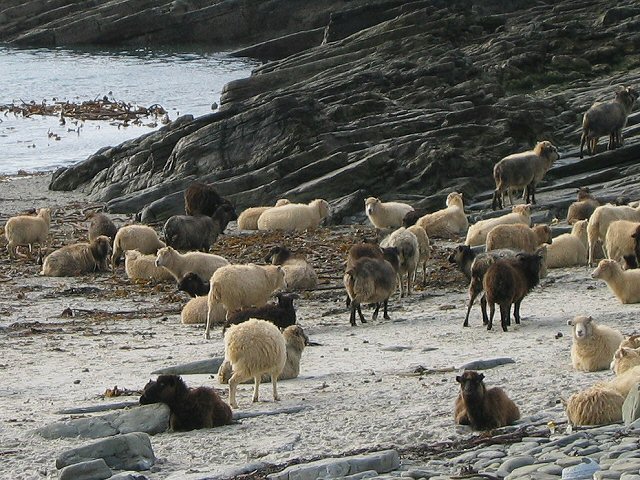 These beach-dwelling, seaweed-eating sheep are also some of the 'greenest' livestock on the planet. (Liz Burke/Wikimedia Commons)
These beach-dwelling, seaweed-eating sheep are also some of the 'greenest' livestock on the planet. (Liz Burke/Wikimedia Commons)
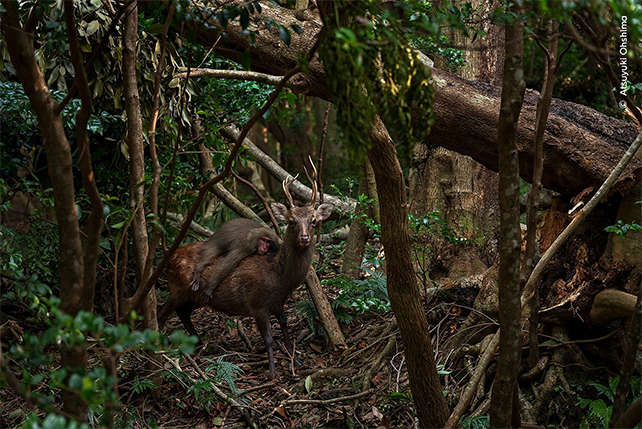

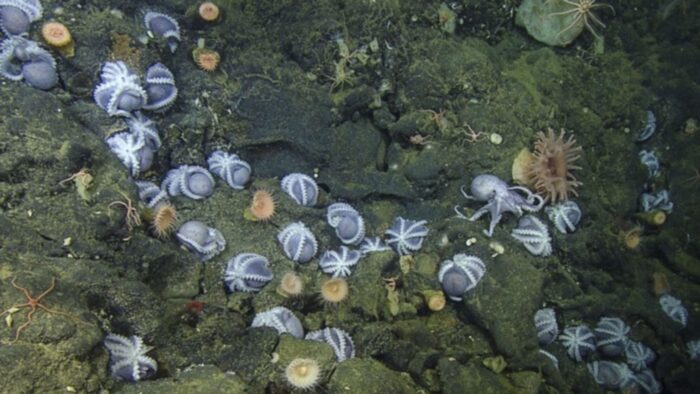
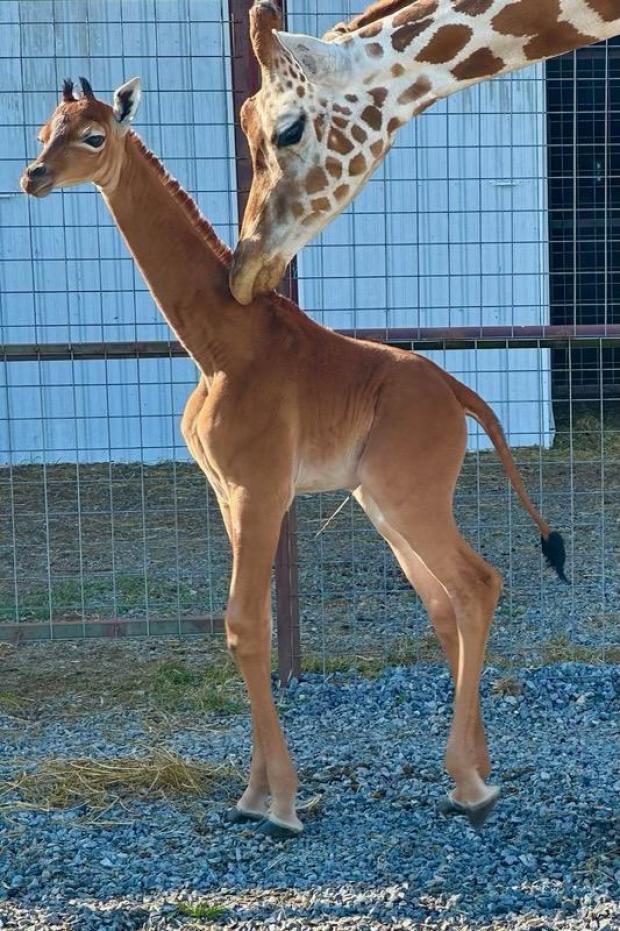
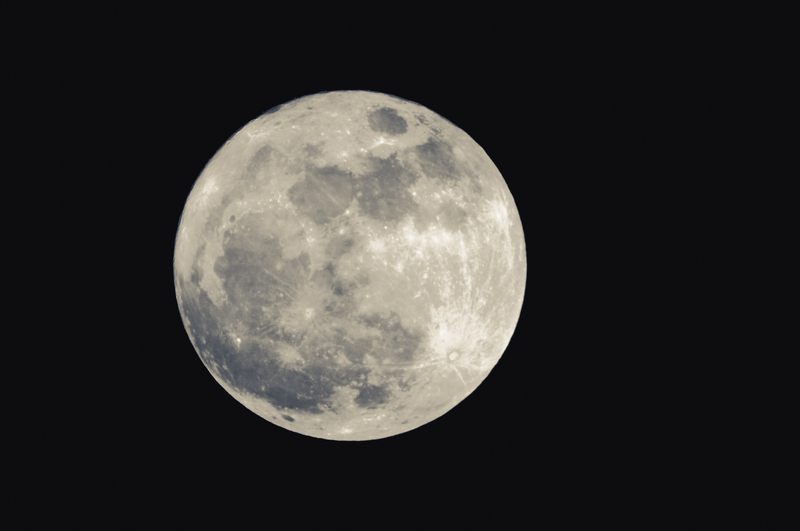
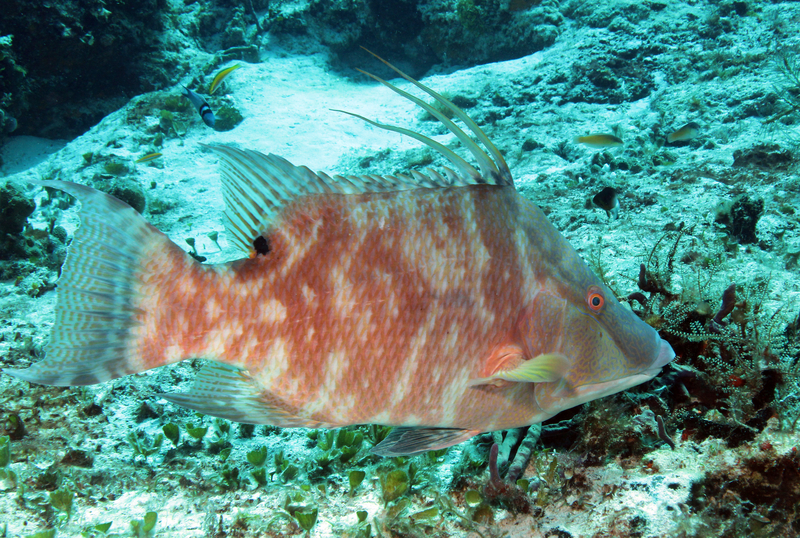

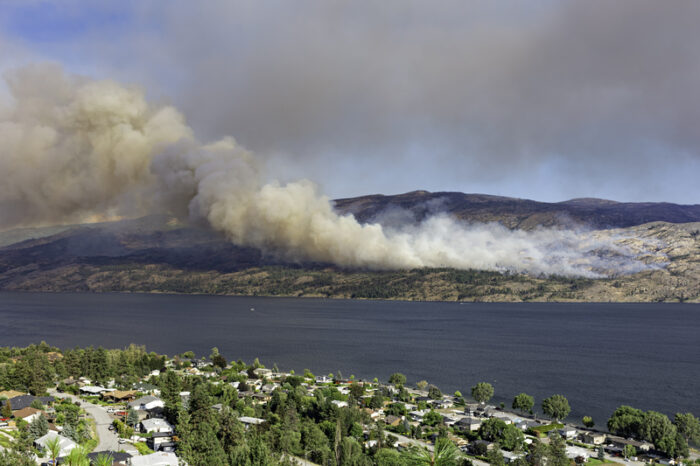
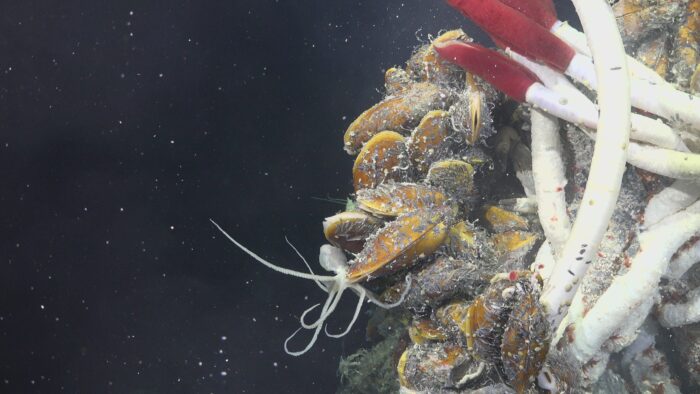
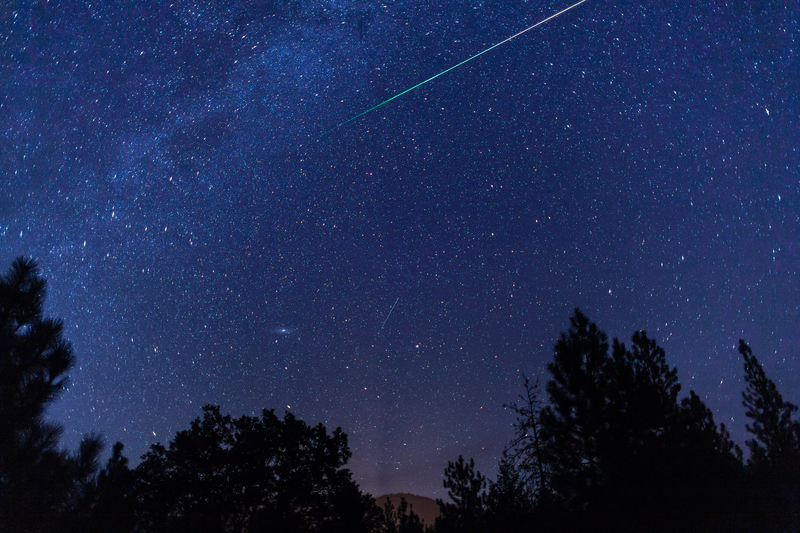
I like seaweed.
Seaweed is daalehs. l will try seaward. Sheep say Baa.
Need to try this on the humans and pets in our home too.